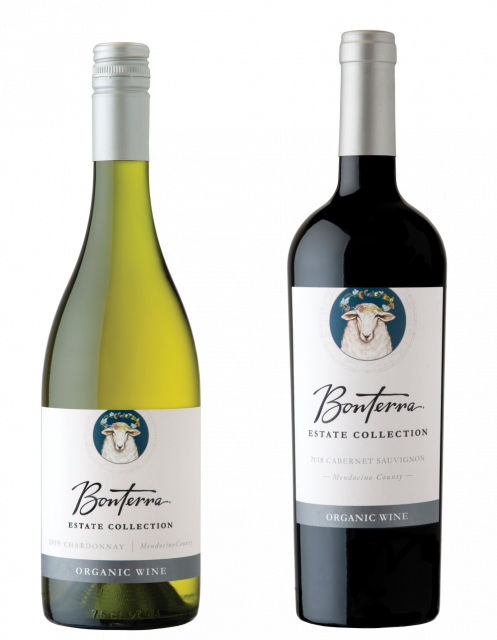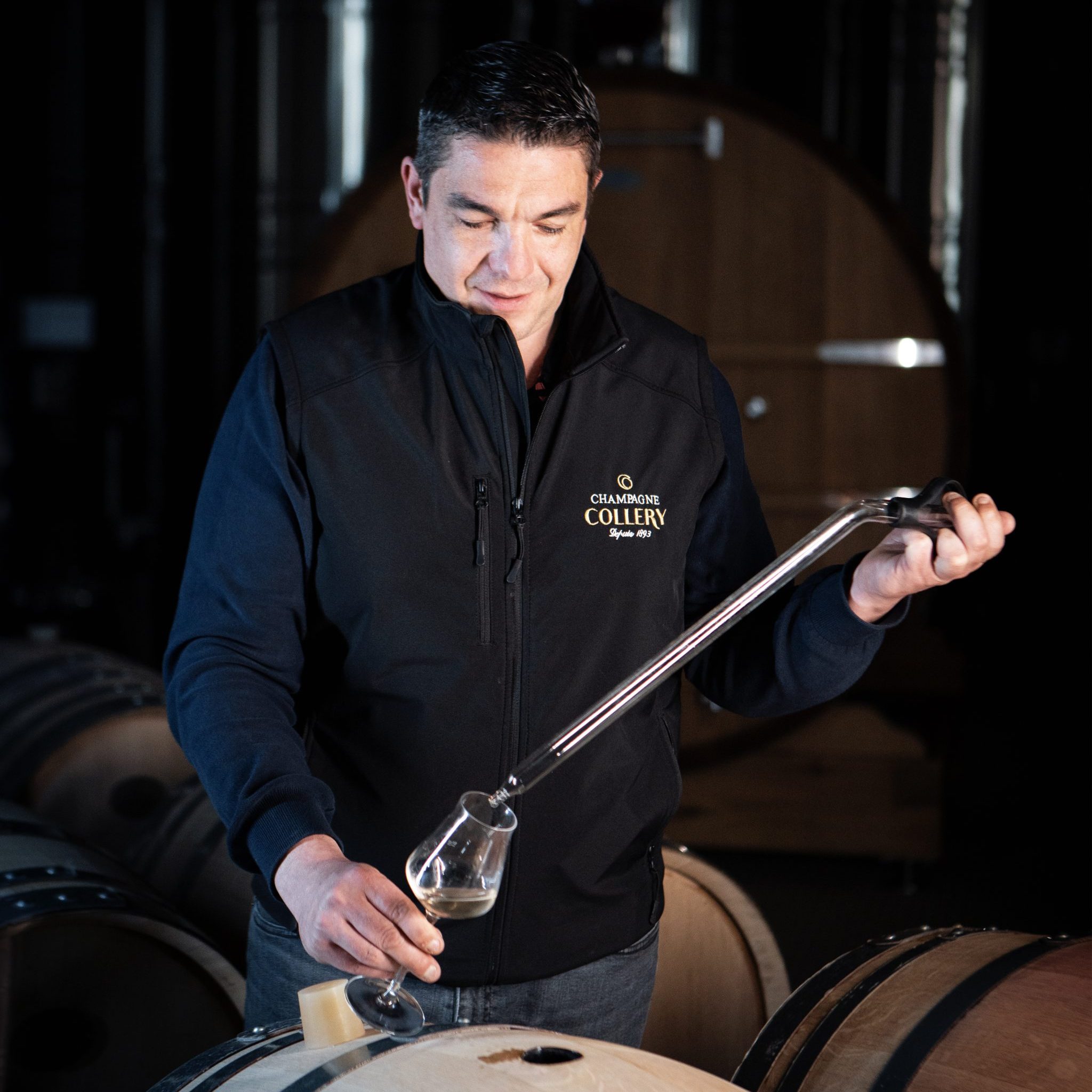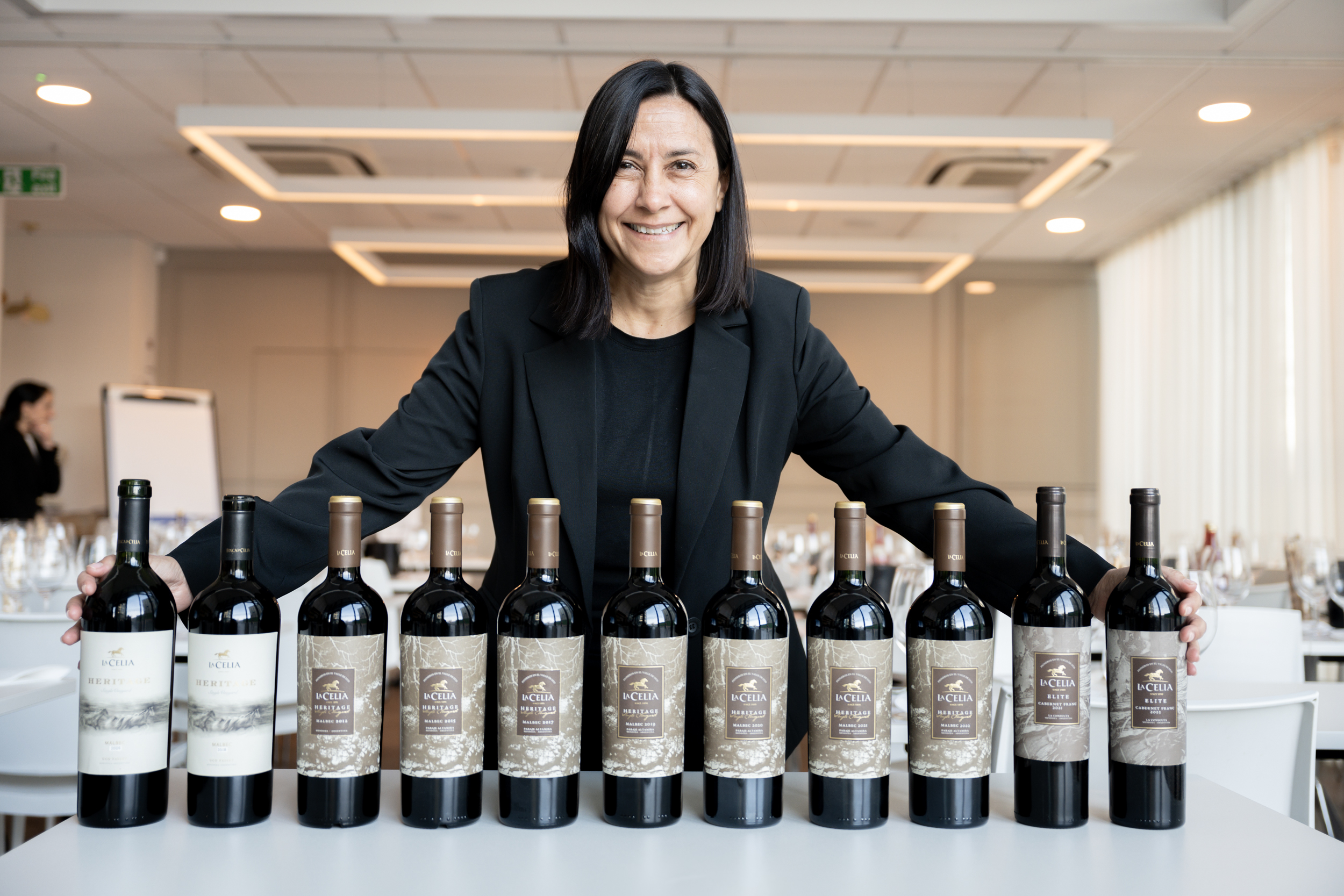Bonterra becomes world’s first organically-farmed climate neutral wine
By Jessica MasonBonterra Organic Vineyards has officially achieved ‘climate neutral’ certification for its entire business and revealed its carbon footprint.

The certification makes the organic winery an example to other brands who could consider disclosing their emission footprints as well as helping the industry in general to commit to reduction targets and communicate openly and transparently with consumers about their climate impact.
Bonterra vice president of marketing Rachel Newman said: “Everything with a price tag comes with a cost to the planet. The climate crisis demands that we act now and that we act boldly. Publicly sharing our emissions footprint and taking responsibility in a really clear, open way was important for us to do now -not in five, ten or thirty years.”
While certifying as climate neutral, Bonterra revealed that, on average, a bottle of its wine (750ml) creates 1.54 kg of carbon dioxide-equivalent emissions (CO2e).
By offering this level of transparency and accountability to consumers, Bonterra aims to highlight and contextualise its eco-practises -including regenerative farming, 100% green energy use at the winery and advanced water stewardship – to show product-level certification that is understandable.
Partner Content
Bonterra worked with not-for-profit organisation Climate Neutral to account for all scopes of greenhouse gas emissions created in Bonterra wines’ journey, across its full life cycle.
In 2020, 37.2% of Bonterra’s emissions derived from packaging and materials, 25.2% from shipping, 16.5% from production, 16.1% from farming and grapes, and 5% from employee commuting and travel. Since then, Bonterra has offset 110% of its footprint through responsible, third-party sourced, nature-based carbon credits.
Climate Neutral CEO Austin Whitman said: “Every company should be able to quantify how it’s adding to the climate crisis – just as every company understands its revenues and expenses. But most companies don’t, and even fewer are taking immediate action to eliminate their greenhouse gas emissions. There’s an opportunity for consumers and brands to work together to redefine climate action as something ambitious, immediate, and ongoing. As part of achieving its climate neutral certification, Bonterra has measured and compensated for its past emissions, and begun the essential work of reducing its emissions further, showing that the wine industry can play a key role in moving toward a net-zero world.”
Bonterra director of regenerative development & sustainability Jess Baum said: “Climate neutral is a first step, allowing for brand-level and product-level transparency for consumers, and we acknowledge that carbon credits are not a long-term regenerative strategy,” but explained that “in light of the climate crisis, we cannot let perfect become the enemy of good. Measuring and offsetting all carbon created from the vineyard to the shelf is a way for us to credibly take immediate action to address the crisis, while working simultaneously on improving our business.”
Baum added: “I encourage everyone in our industry and beyond to take a closer look at their whole emissions footprint and identify the hot spots. The only wrong way to do this is to do nothing at all. We all have a role to play, and working together, can make a difference.
Related news
The top performers from The Global Wine Masters 2024




